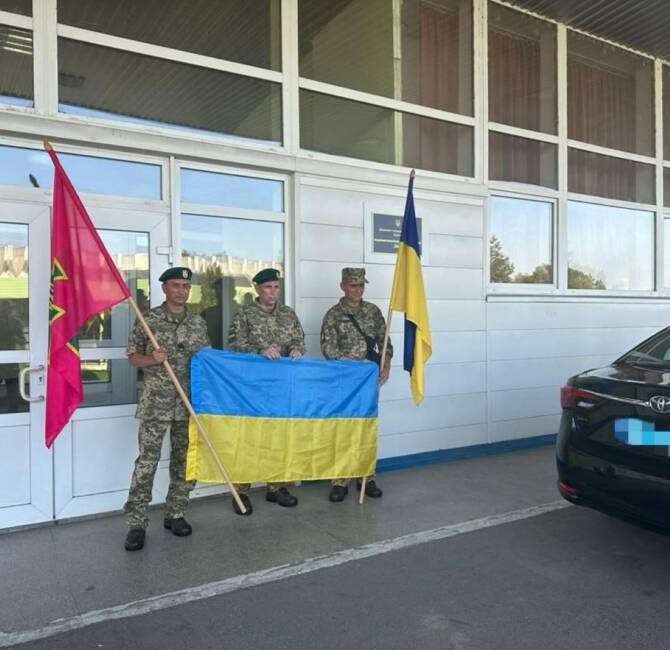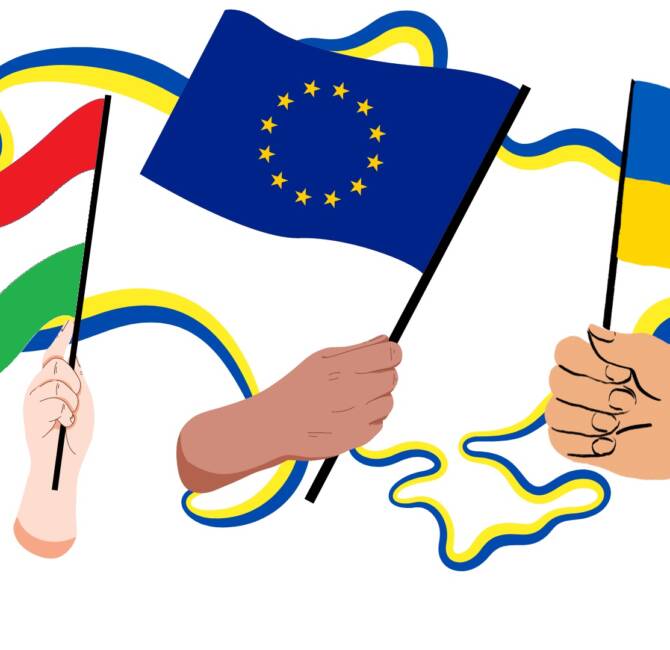Poland – The various parties belonging to the European Conservatives and Reformists (ECR) group in the European Parliament met in Warsaw on Saturday, 3 December. Polish Prime Minister Mateusz Morawiecki attended in person, while his Italian counterpart, Giorgia Meloni, as well as the leader of the Spanish Vox party, Santiago Abascal, took part through video links.
In his address to the conservative parties’ delegates, Morawiecki said, among other things:
“The big question for Europe is whether it will evolve in a republican direction, in a community direction, in a direction that combines freedom and solidarity, or whether it will drift into a centralized and bureaucratic behemoth, whether it will evolve into the tyranny of bureaucracy and bureaucratic centralism.”
For Morawiecki, this “fundamental” choice “will determine the fate of Europeans [and] the fate of Poles in the decades to come. (…)
Today, Europe must also answer the question of whether it wants to be a major global player, an important player, a transatlantic player, whether it wants to be a player or just subject to the decisions of the big players in this world.”
In this sense, the Polish Prime Minister once again pleaded for “strong, sovereign states” cooperating together but opposing “centralist tyranny”. He also recalled that the European Union should remain “a Europe of states, of homelands, and of a very close cooperation based on what (…) should be the foundation of the EU, namely economic cooperation and free competition. ”
Italian Prime Minister Giorgia Meloni made a point of mentioning the situation in Poland, a country bordering war-torn Ukraine:
“When our freedom and security are threatened, we must stand together and defend and protect each other. (…) It is our common interest and our duty. ”
Meloni went on to thank the Poles for the way they have been welcoming Ukrainian refugees:
“I would also like to express my sincere thanks to the Polish people for opening their hearts and homes to Ukrainian refugees fleeing the war. Thank you very much for showing in a concrete way what solidarity means. ”
She also addressed the current issue of inflation, particularly in energy and food: “As we deal with the consequences of the war in Ukraine, our citizens are still waiting for an answer to the ever-rising costs of energy and food. We have no more time to lose and need a common response from the European Union. ”
Finally, she defended her government’s attitude in the face of the migratory pressure in the Mediterranean:
“The European Union must defend its external borders and not force its citizens to accept masses of illegal migrants. (…) Our solidarity must be guaranteed only for those who are really fleeing threats and persecution.”
The European Conservatives and Reformists include the German Liberal-Conservative Reformers (LKR), which split from the AfD, the Bulgarian National Movement (VMRO), the Croatian Sovereignists, Vox (Spain), Greek Solution, Brothers of Italy (the party of Giorgia Meloni), Latvia’s National Alliance, the Electoral Action of Poles in Lithuania, the Dutch party JA21, Poland’s Law and Justice (PiS), Slovakia’s Freedom and Solidarity (SaS), the Democrats of Sweden, and Czech PM Petr Fiala’s Civic Democratic Party. The European Conservatives and Reformists, whose group in the European Parliament is chaired by Ryszard Legutko (PiS), have 64 MEPs (out of 705). Viktor Orbán’s Fidesz is regularly mentioned as a potential candidate to join this group.




